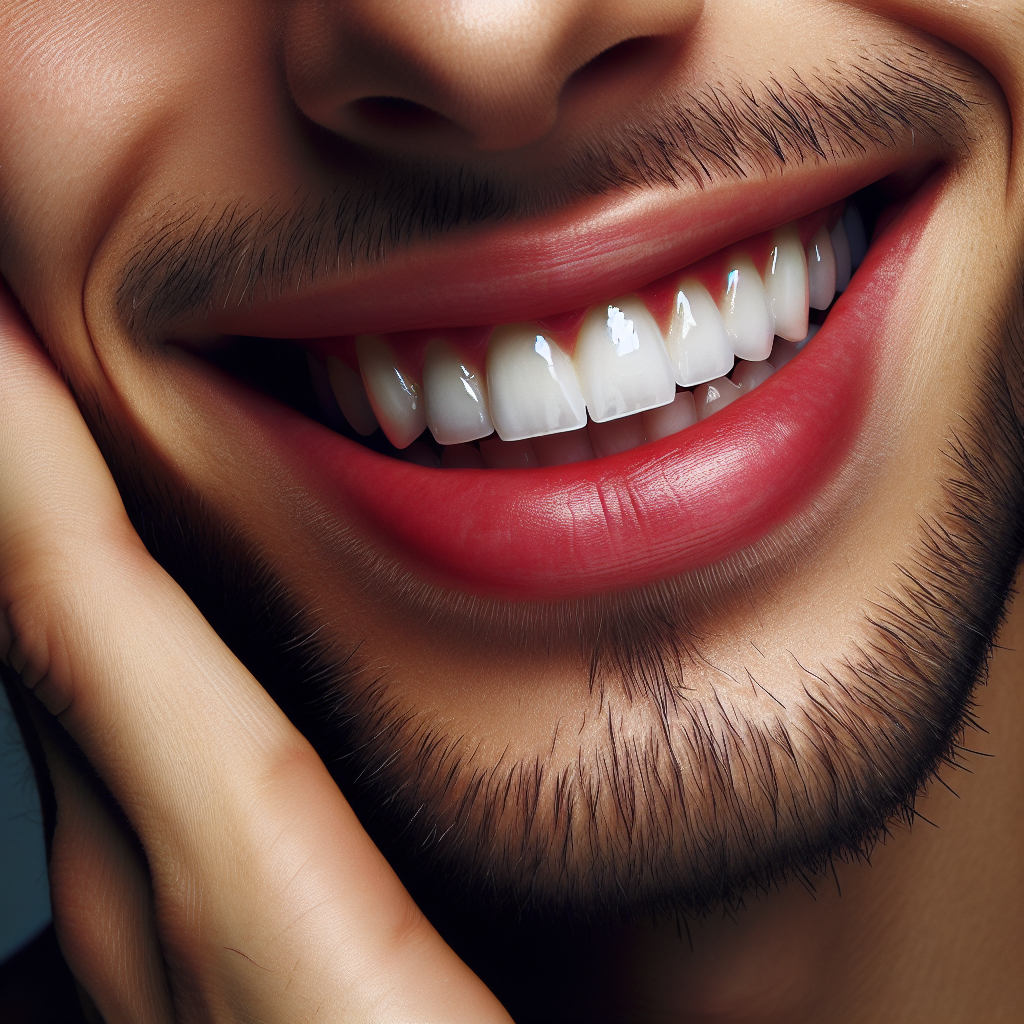Did you know that tooth-related headaches are commonly caused by dental issues such as tooth decay, gum disease, or teeth grinding? These headaches can be quite painful and debilitating, as the pain radiates from the affected tooth to other areas of the head, causing discomfort and distress. It is important to address the underlying dental problem in order to effectively alleviate the headache and prevent it from recurring.
Headaches caused by dental issues can be particularly challenging to deal with, as over-the-counter pain medications may only provide temporary relief. In order to address the root cause of the headache, it is crucial to seek professional dental help. A dentist can conduct a thorough examination to determine the source of the pain and recommend appropriate treatment options. This may include dental interventions such as fillings, root canals, or gum disease treatment, depending on the specific issue at hand.
Ignoring a tooth-related headache can lead to worsening dental problems and increased pain. In fact, research shows that dental issues are a common cause of headaches, with studies indicating that up to 40% of chronic headaches may be related to dental problems. By addressing the dental issue promptly, individuals can not only alleviate their headache symptoms but also improve their overall oral health and well-being. It is important to consult with a dentist as soon as possible if you experience persistent headaches that are related to a tooth problem.
In addition to seeking professional dental help, individuals can also adopt preventive measures to reduce the likelihood of tooth-related headaches. This includes practicing good oral hygiene, such as brushing and flossing regularly, avoiding harmful habits like teeth grinding or clenching, and scheduling regular dental check-ups. By taking proactive steps to maintain oral health, individuals can minimize the risk of developing dental issues that could lead to painful headaches. Remember, addressing the dental problem is key to getting rid of a headache caused by a tooth.
Looking to Get Relief from a Toothache-Induced Headache?
If you’re experiencing a headache caused by a toothache, you may be wondering how to alleviate the pain. There are various ways to find relief from this type of headache, including over-the-counter pain medications, warm salt water rinses, and seeing a dentist for treatment. Keep reading to learn more about how to tackle a toothache-induced headache once and for all.
Medication
One way to get rid of a headache caused by a tooth issue is by taking over-the-counter pain medication. Ibuprofen or acetaminophen can help reduce pain and inflammation associated with toothaches, which can alleviate the headache.
Warm Compress
Applying a warm compress to the affected area can help relax the muscles around the tooth, relieving the pressure that may be causing the headache. Simply soak a cloth in warm water and place it on the side of your face where the toothache is located.
Hydration
Dehydration can exacerbate headaches, so it’s important to stay hydrated when experiencing a tooth-related headache. Drink plenty of water throughout the day to help flush out any toxins in your body and reduce the intensity of the headache.
Salt Water Rinse
Rinsing your mouth with a warm salt water solution can help reduce inflammation and bacteria around the affected tooth. This can alleviate the toothache, which in turn can help reduce the headache it’s causing.
Professional Dental Treatment
If the toothache and headache persist, it’s important to see a dentist for a proper diagnosis and treatment. They may recommend a filling, root canal, or extraction to address the underlying cause of the toothache and alleviate the associated headache.
Stat
According to the American Dental Association, about 22% of people have experienced orofacial pain, which can include toothaches that lead to headaches.
Conclusion
Overall, getting rid of a headache caused by a tooth issue involves addressing the underlying dental problem, such as tooth decay, gum disease, or jaw misalignment. Seeking professional dental help is crucial in diagnosing and treating the root cause of the headache. Over-the-counter pain relievers can provide temporary relief, but they do not solve the underlying issue.
Maintaining good oral hygiene practices, including regular dental check-ups, can prevent tooth-related headaches. Avoiding trigger foods that may exacerbate dental issues is also important. In severe cases, surgical interventions or orthodontic treatments may be necessary to alleviate the headache. By being proactive about dental health, individuals can reduce the frequency and severity of headaches caused by dental problems. Don’t ignore toothaches or headaches; seek professional help to address the issue before it becomes more serious.

